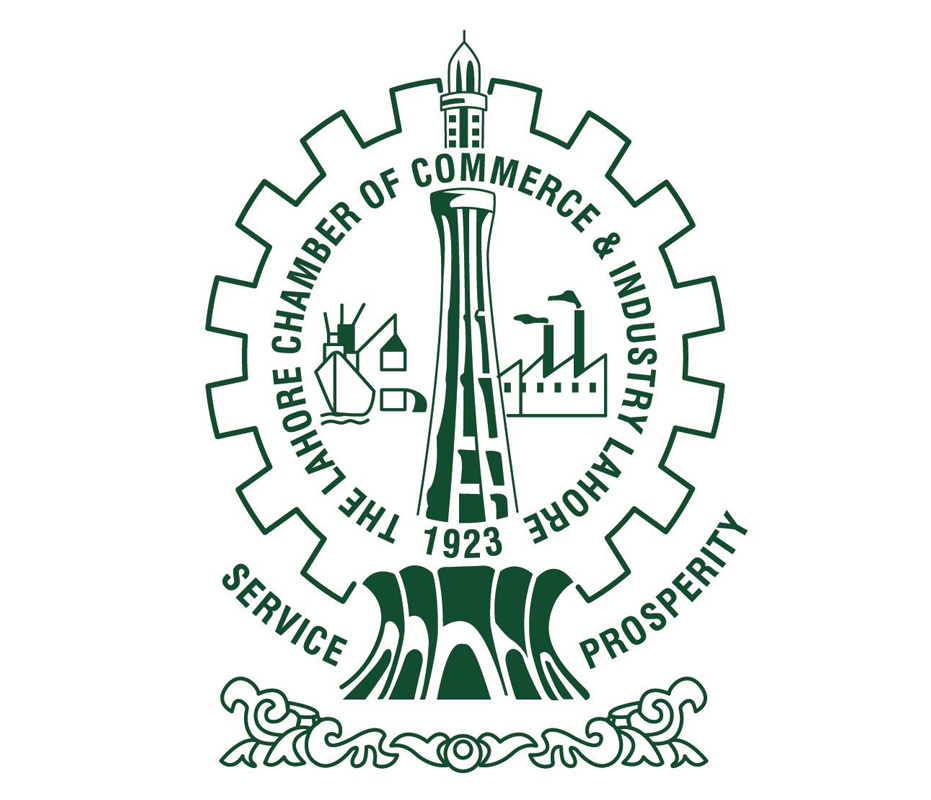
Markets and industries in Lahore are encountering the worst time these days, with nearly no business activities and traders claiming losses of billions of rupees.
It has been a month now that the business environment has not come back to normal. First, there were Eid holidays, then government moves to prevent political workers from assembling for the march on Islamabad which nearly choked the entire Punjab and the current sit-ins in the capital, which entered their 18th day on Monday.
The political uncertainty is not allowing people to spend much these days, says the business community.
“We didn’t expect the crisis to last that long, the situation takes a new turn every day and now the call for protests all over Pakistan is causing more havoc,” said Tariq Misbah, Senior Vice President of Lahore Chamber of Commerce and Industry.
The biggest losers were the small and medium-sized traders of wholesale markets, whose business turnover has shrunk more than 90%. Traders from other cities also avoid travelling to Lahore these days, which is hurting trading volumes in the wholesale market even further.
Lahore is the country’s second biggest city after Karachi and an important economic hub for the entire Punjab and some parts of Khyber-Pakhtunkhwa because of its popular wholesale markets.
The city’s contribution to the country’s gross domestic product (GDP) in 2010, according to some global institutes, was around 13%. Its contribution to the GDP in 2025 is predicted to be nearly $102 billion with an annual growth of 5.6%.
With domestic businesses grinding to a halt, the industrial units and export industry, especially textile, continue to face severe energy shortages.
“The situation at our end is quite relaxed as we’re continuously receiving orders from European countries. But the energy crisis once again is at its peak and we’re having a hard time meeting deadlines,” said SM Tanveer, Chairman of All Pakistan Textile Mills Association Punjab Chapter.
The traders blame the absence of public servants in Lahore for the setback. Since the bureaucracy is not available, there is delay in paperwork and also the negotiations for projects in the pipeline.
The situation in posh localities appears to be slightly better than wholesale markets, though traders there also complain about dwindling sales.
“Wedding season has begun and this is considered to be the peak period for sales, but we’ve recorded a 75% decline in business this year, and that’s only due to the recent political uncertainty,” said Safdar Ali, President of Gulberg Board Traders Association.
As for other retail business, traders claim very little or no money circulation in the market. They say investors are just waiting for the political turmoil to be over, as no one wants to take risks and pour money into any sector.
Published in The Express Tribune, September 2nd, 2014.
Like Business on Facebook, follow @TribuneBiz on Twitter to stay informed and join in the conversation.
1729161093-0/liam-(4)1729161093-0-405x300.webp)




1732084432-0/Untitled-design-(63)1732084432-0-270x192.webp)











COMMENTS
Comments are moderated and generally will be posted if they are on-topic and not abusive.
For more information, please see our Comments FAQ